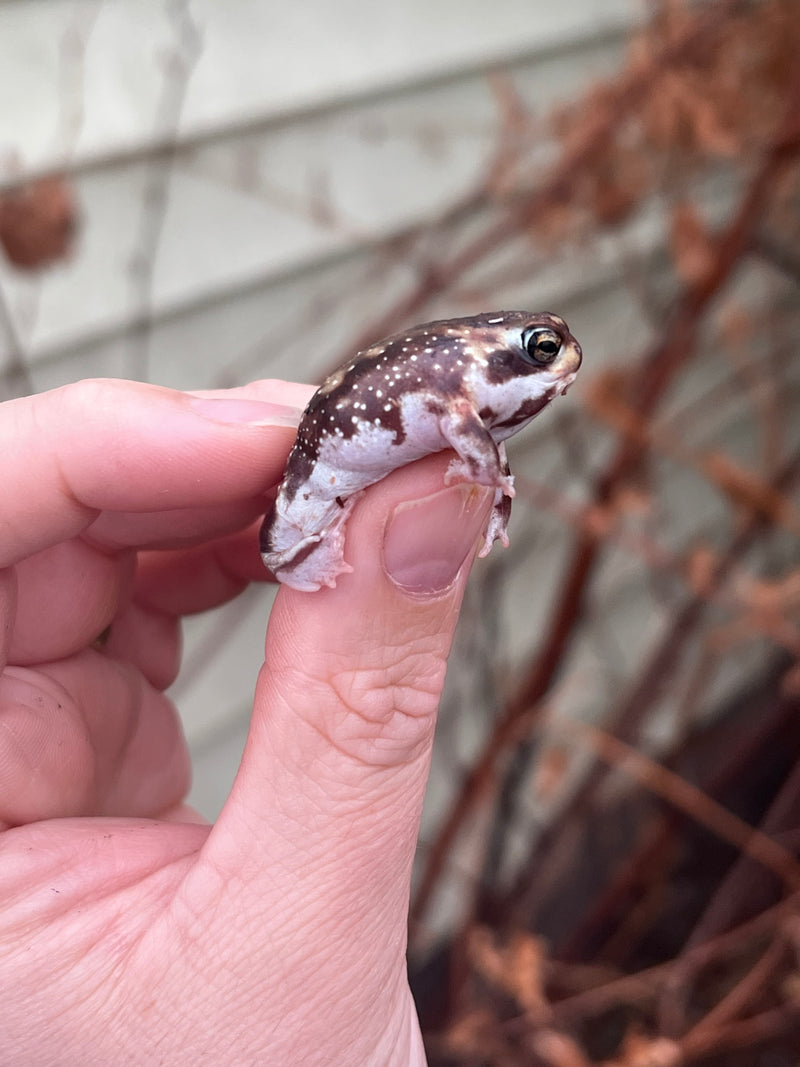Common Health And Wellness Issues in Reptiles: Symptoms and Solutions
In the elaborate world of reptile care, understanding the common health issues that may affect these distinct animals is paramount in ensuring their health. From respiratory infections that can calmly hold to metabolic bone illness that can incapacitate, reptiles are prone to a variety of disorders that require keen observation and prompt treatment. Whether it's facing parasitical invasions, navigating dehydration problems, or addressing skin disorders that show up in subtle ways, being in harmony with the signs and symptoms and furnished with the understanding of effective remedies is vital for any type of reptile owner. By diving even more into the subtleties of these health and wellness issues and discovering the functional remedies readily available, one can secure the health and vigor of these interesting animals.
Respiratory Infections
Respiratory system infections in reptiles can dramatically affect their overall wellness and call for timely focus from skilled vets. In reptiles, breathing infections can be specifically testing to detect and deal with due to their distinct makeup and physiology.
Therapy for breathing infections in reptiles usually involves a combination of supportive treatment, such as maintaining proper moisture levels and temperature slopes in the unit, in addition to targeted drug to deal with the particular pathogen liable for the infection. It is vital for reptile owners to monitor their family pets closely for any type of indications of respiratory system distress and seek veterinary treatment at the earliest indicator of a concern. With prompt treatment and suitable therapy, many reptiles can recover fully from breathing infections and return to regular tasks.

Metabolic Bone Condition
What aspects contribute to the growth of Metabolic Bone Illness in reptiles?
Metabolic Bone Condition (MBD) in reptiles is mostly triggered by an absence of correct calcium, phosphorus, and vitamin D3 levels in their diet plan. When reptiles do not get adequate calcium, either with their food or correct UVB direct exposure for vitamin D3 synthesis, they are at a high risk of creating MBD. Reptiles with diets low in calcium or unbalanced calcium to phosphorus ratios are especially at risk. Additionally, poor direct exposure to UVB light protects against reptiles from manufacturing vitamin D3, which is essential for calcium absorption and bone health.
Various other contributing factors to MBD consist of improper temperature level gradients within the reptile's habitat, bring about reduced metabolic process and damaged calcium absorption. Inadequate humidity levels can also impact a reptile's ability to metabolize calcium properly. Moreover, particular reptile varieties have details dietary needs that, if not fulfilled, can boost the probability of developing MBD. Routine vet check-ups, proper husbandry practices, and a well balanced diet plan are necessary to prevent Metabolic Bone Disease in reptiles.
Parasitic Problems
Parasitic invasions pose a substantial health why not try these out risk to reptiles, impacting their general well-being and calling for punctual vet interest. Reptiles can be impacted by different parasites, including mites, ticks, interior worms, and protozoa. These parasites can cause an array of signs and symptoms, such as weight management, sleepiness, skin inflammation, looseness of the bowels, and also death if left untreated.
One usual parasite located in reptiles is the mite, which can create skin stress and anxiety, irritation, and anemia. Ticks are another outside bloodsucker that next page can transfer conditions and trigger discomfort to the reptile. Inner parasites like worms and protozoa can bring about digestive concerns, poor nutrition, and compromise the reptile's immune system.
To detect a parasitic invasion, a veterinarian might do fecal examinations, skin scrapings, or blood tests. Treatment often includes deworming medications, antiparasitic bathrooms, or in severe situations, a hospital stay. Preventative procedures such as regular veterinary exams, correct hygiene, and quarantine treatments for brand-new reptiles can aid minimize the risk of parasitic infestations and make certain the health of reptile pet dogs.
Dehydration and Hydration Issues
Dehydration in reptiles can considerably affect their wellness and wellness, requiring timely treatment and proper hydration administration. Reptiles are prone to dehydration as a result of numerous aspects such as insufficient water intake, high ecological temperature why not check here levels, and specific health conditions. Signs of dehydration in reptiles include sunken eyes, sleepiness, loss of skin flexibility, and reduced peeing. If left untreated, dehydration can bring about serious health concerns and even be fatal to the reptile.
To stop dehydration, reptile owners need to guarantee that their pets have accessibility to clean water in all times. The water dish need to be huge sufficient for the reptile to soak in if required, especially for species that soak up water through their skin. Furthermore, keeping correct humidity levels in the reptile's unit and giving normal baths can assist prevent dehydration.
In instances of dehydration, it is important to look for veterinary treatment promptly. A veterinarian might carry out fluids either by mouth or via injections to rehydrate the reptile. It is crucial to attend to the underlying root cause of dehydration to stop recurrence and make certain the reptile's overall wellness.
Skin Disorders

Final Thought

Respiratory infections in reptiles can dramatically impact their overall health and require timely interest from experienced vets (rain frog for sale). Preventative steps such as normal veterinary exams, proper health, and quarantine procedures for new reptiles can help lessen the risk of parasitical invasions and guarantee the health of reptile animals
If left neglected, dehydration can lead to severe health and wellness concerns and even be fatal to the reptile.
Routinely examining your reptile for any kind of changes in skin texture, look, or shade can help in very early discovery and treatment of skin conditions, promoting the overall health and wellness and health of your flaky companion. - rain frog for sale
In final thought, reptiles are vulnerable to numerous wellness issues such as respiratory infections, metabolic bone disease, parasitic infestations, dehydration, and skin disorders.